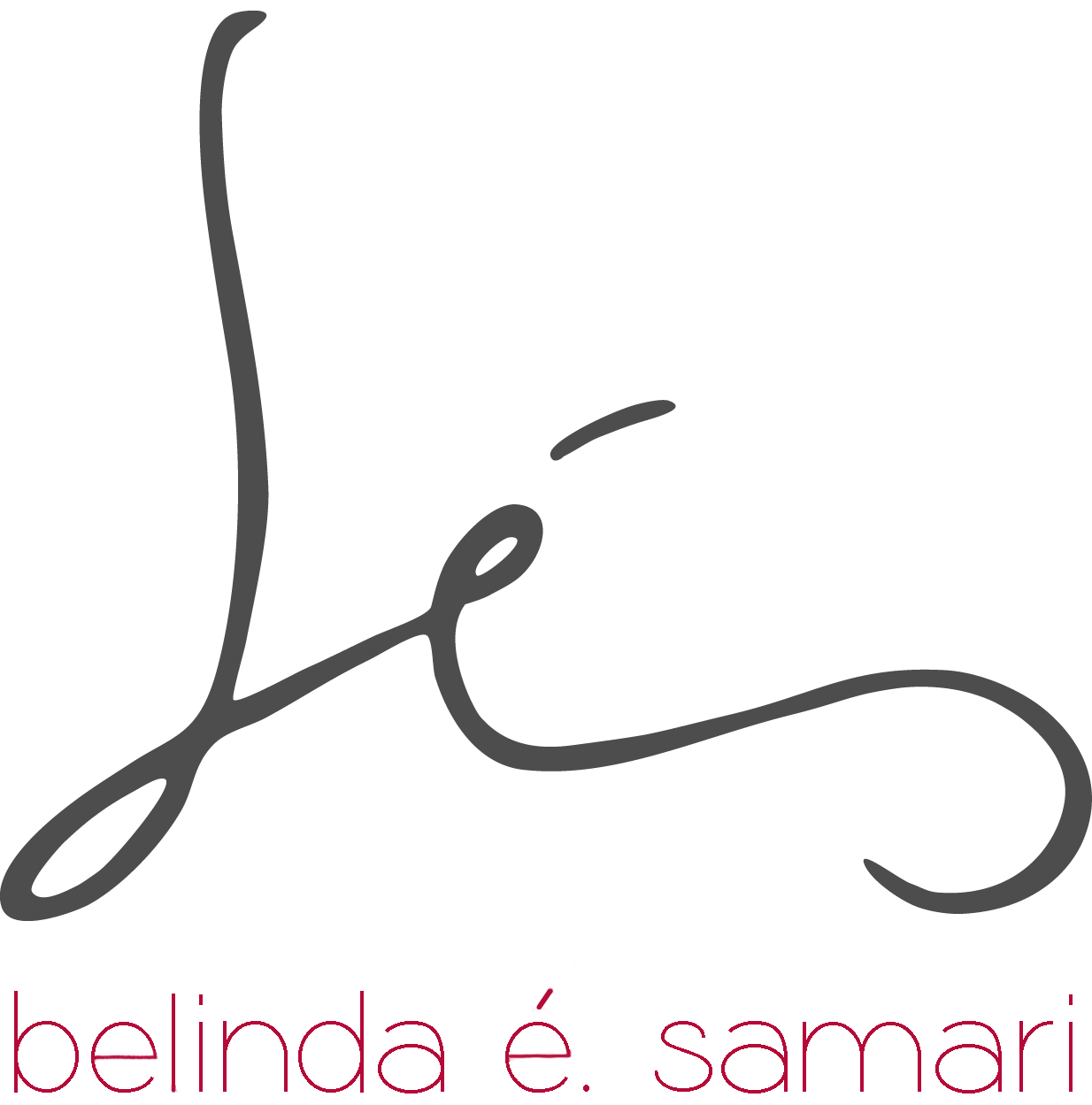SALT
Bread of tears and tears to drink. That right there is the totality of our sustenance: food and drink, solid and liquid. Both are necessary for life, indispensable and one cannot take the place of the other. Yet here, both are essentially tears, a physical manifestation of pain. This bread of tears and tears to drink are the totality of one’s being. Once the dough is made with tears, can you eat the bread without consuming the tears? And the tears to drink, can you extract the ‘tears’ from the liquid? This imagery speaks of the choice with which we are all faced every day: to consume or not to consume. It speaks of the inevitability of consuming our pain if we want to live.
As I explored this imagery of tears another biblical passage came to mind: “You are the salt of the earth. But if the salt loses its saltiness, how can it be made salty again? It is no longer good for anything except to be thrown out and trampled underfoot.” (Matt. 5:13). If we are salt, how can we lose our saltiness? How can we be sure that doesn't happen to us?
In antiquity salt was a precious commodity, used not only in cooking, but to cure and preserve food. Salt was a symbol of a bond between two people, so that ‘to eat the salt of (a person)’ in ancient Mesopotamia meant you were making a covenant with a person or allowing for a reconciliation in that relationship (cf. also Lev. 2:13, Num. 18:19). Salt was also used for medicinal purposes, including psychological treatments. There were many spells, incantations and rituals that had salt as an essential component in their recipes. Salt was essential, no doubt about it. But the question still remains: how are we to continually be salt? Then it struck me.
One of the basic ways in which salt was obtained was through salt pans, gathering sea water and allowing it to evaporate until only salt remains. What if we become salt by distilling our tears until only salt remains? What if we continually be salt by courageously consuming and distilling our pain, until what is left is not the pain but that which is of true value, indispensable to ourselves but also to others? And if we choose not to? If we don’t consume our pain, mourn and grieve, allow ourselves to feel it and let it evaporate, have we really been anywhere, done anything, do we have anything to offer? If all you have is tears, is that all you can offer? What if we lose our saltiness by not allowing our tears to evaporate, by holding on to our pain in fear? If the tears permeate our solids and liquids therefore our totality, can we be anything else? More importantly, what if we cannot become something of value and use to the world unless we are willing to painfully and courageously distill ourselves to our most valuable essence?
The world does not need more tears. We need not look further than our own back yard to find pain and tears. But salt? What if what the world – the person at the cash register, with you in the lift, at your dinner table, in your bed – needs is salt?
(c) Belinda É. Samari
RECOMMENDATIONS
ONLY ACCESSIBLE TO THE CREATIVE EXPEDITION CREW.
For those of you who are part of the creative expedition, be sure to check out my other recommendations in your newsletter. If you are not already part of the crew, join the creative expedition (bar at the top of this page) and regularly receive inspiring, informative and practical content in your inbox. Experience the full benefit of the journey!

